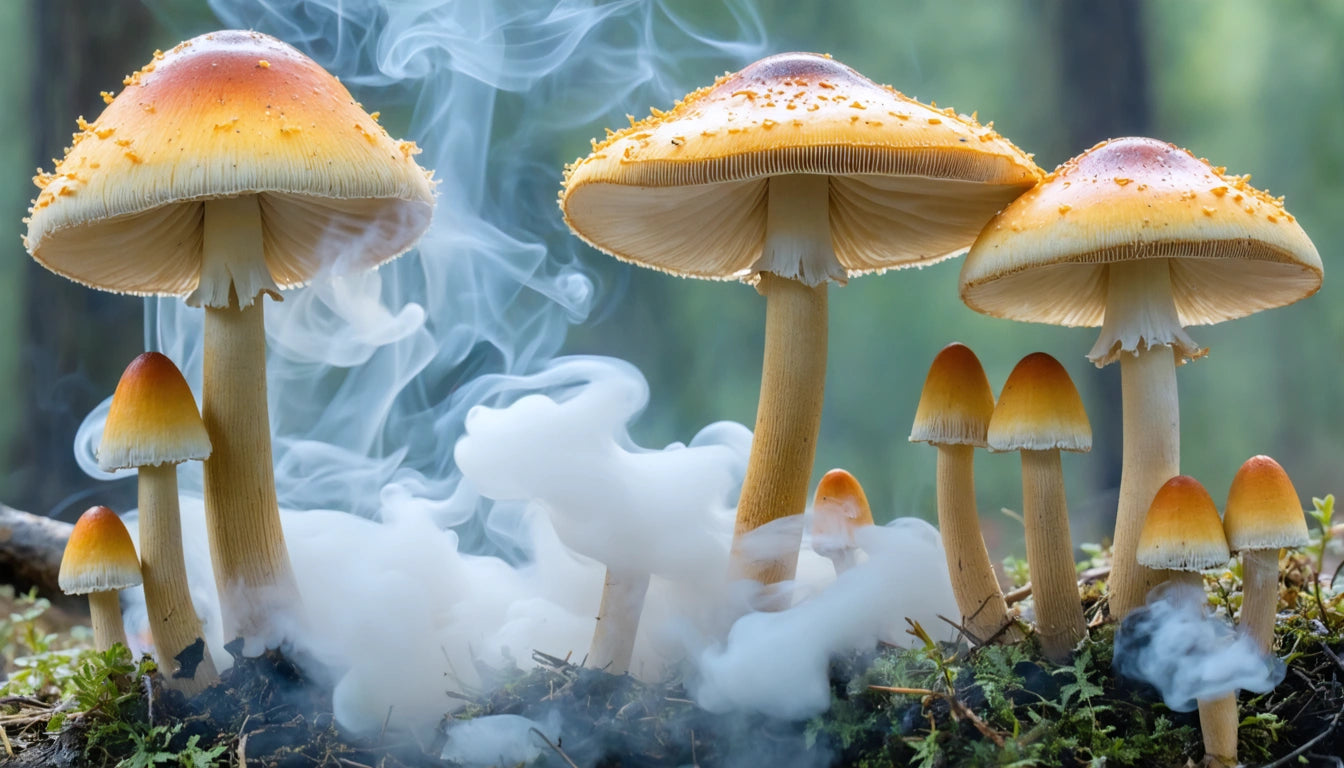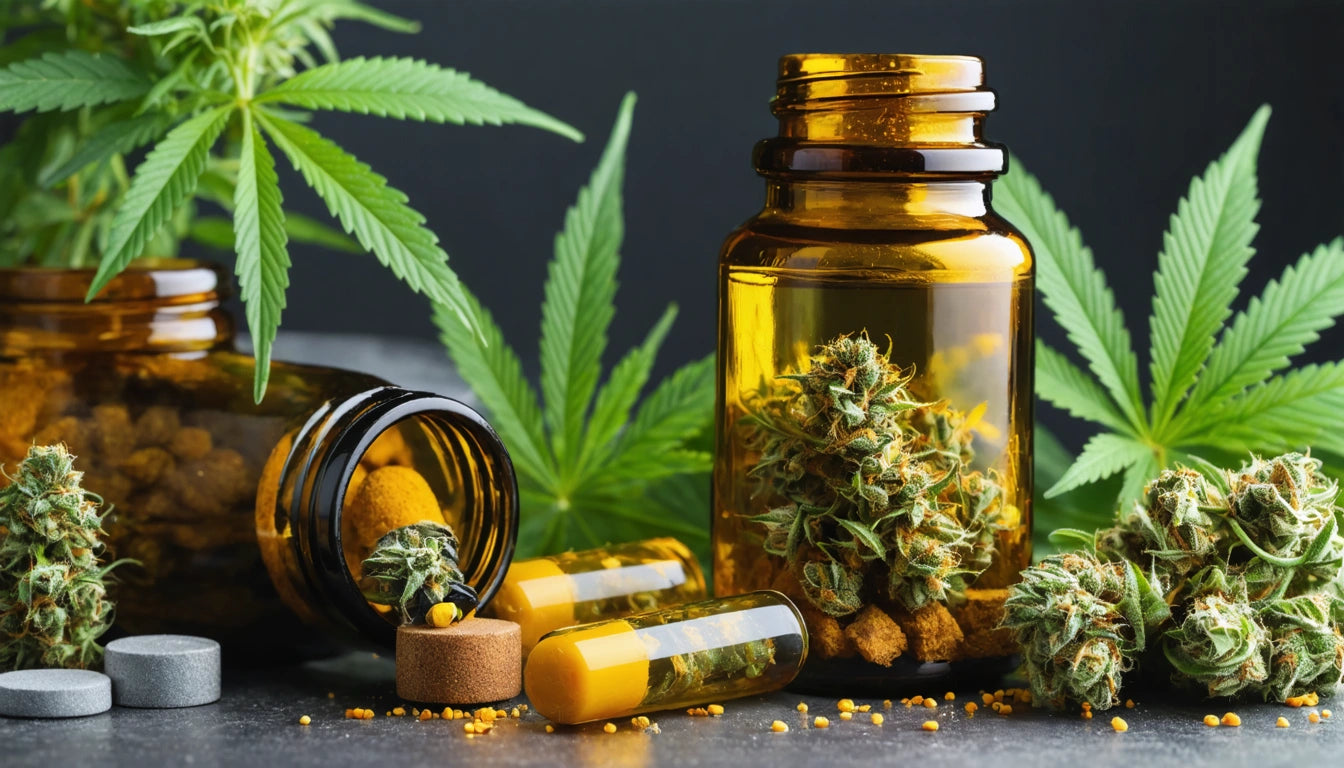Table of Contents
- Psilocybin Overview: Understanding the Basics
- Can You Smoke Psilocybin? Consumption Methods Explained
- Psilocybin's Legal Status in Colorado
- Can You Buy Psilocybin in Colorado? Purchase Options and Limitations
- Medical and Therapeutic Applications
- Safety Considerations and Responsible Use
- The Evolving Landscape of Psychedelic Legalization
Exploring the Legality and Consumption of Psilocybin: Smoking and Purchasing in Colorado
Psilocybin, the psychoactive compound found in certain species of mushrooms, has gained significant attention for its potential therapeutic benefits and shifting legal status. As more states reconsider their stance on psychedelics, questions about consumption methods and purchasing options have become increasingly common. This article explores whether you can smoke psilocybin, its legal status in Colorado, and the realities of purchasing this substance.
Psilocybin Overview: Understanding the Basics
Psilocybin is a naturally occurring psychedelic compound produced by more than 200 species of fungi. When consumed, it converts to psilocin in the body, which acts on serotonin receptors in the brain, producing altered states of consciousness, visual and auditory changes, and profound shifts in perception and thought patterns.
Unlike cannabis, psilocybin has a different chemical structure and requires specific conditions to deliver its effects. Understanding these fundamental properties is essential for discussing consumption methods and legal considerations.
Can You Smoke Psilocybin? Consumption Methods Explained
A common question among those new to psychedelics is whether psilocybin can be smoked like cannabis. The short answer is no, smoking psilocybin mushrooms is not an effective consumption method for several reasons:
- Heat destroys the active compounds in psilocybin mushrooms
- Smoking introduces harmful byproducts without delivering the desired effects
- The chemical structure of psilocybin makes it unsuitable for inhalation
Traditional consumption methods include oral ingestion of dried mushrooms, brewing them into tea, or incorporating them into food. These approaches allow the psilocybin to be processed through the digestive system and liver, where it converts to its active form.
For those interested in precise dosing, accurate digital scales designed for botanical substances are essential tools for responsible consumption, helping users measure exact amounts and avoid unintentional high doses.
Psilocybin's Legal Status in Colorado
Colorado has taken progressive steps regarding psilocybin legislation. In November 2022, voters approved Proposition 122, the Natural Medicine Health Act, making Colorado the second state after Oregon to decriminalize psilocybin and create a framework for regulated access.
According to current psilocybin legality information, the key points of Colorado's approach include:
- Decriminalization of personal possession, cultivation, and sharing of psilocybin for adults 21 and older
- Establishment of licensed healing centers where psilocybin can be administered under supervision
- Protection from criminal penalties for personal use
- No commercial retail sales model (unlike cannabis)
It's important to note that while personal use has been decriminalized, psilocybin remains a Schedule I controlled substance under federal law.
Can You Buy Psilocybin in Colorado? Purchase Options and Limitations
Despite decriminalization, the question remains: can you buy psilocybin in Colorado? This is where important distinctions must be made:
Currently, there are no legal retail stores selling psilocybin mushrooms or products in Colorado. The Natural Medicine Health Act creates a pathway for supervised use at licensed healing centers, not a commercial market. These centers are expected to begin operations in 2024 after regulatory frameworks are established.
For those interested in learning more about the evolving situation, this guide to Colorado's psychedelic frontier provides detailed insights into the state's approach.
While psilocybin mushroom spores (which don't contain psilocybin) remain legal to possess in many states including Colorado, finding and purchasing actual psilocybin-containing mushrooms remains in a legal gray area even in states with decriminalization measures.
Medical and Therapeutic Applications
The growing interest in psilocybin stems largely from research suggesting significant therapeutic potential for various conditions:
- Treatment-resistant depression
- End-of-life anxiety in terminal patients
- Substance use disorders
- PTSD and trauma-related conditions
- Obsessive-compulsive disorder
Colorado's regulated model focuses primarily on these therapeutic applications rather than recreational use. The healing centers will provide supervised sessions with trained facilitators, creating a safe environment for therapeutic experiences.
This approach aligns with broader trends in psychedelic legislation across the United States, where medical applications often precede broader access.
Safety Considerations and Responsible Use
For those in jurisdictions where personal use is decriminalized, understanding safety parameters is essential:
- Set and setting: The physical and social environment significantly impacts the psychedelic experience
- Dosage: Starting with low doses and understanding potency variations between mushroom species
- Integration: Processing insights gained during the experience
- Contraindications: Certain medications and psychological conditions may present risks
Unlike cannabis, which has a wide margin of safety, psilocybin experiences can be intense and challenging without proper preparation. Understanding the duration and intensity of psilocybin experiences is crucial for harm reduction.
The Evolving Landscape of Psychedelic Legalization
Colorado's approach to psilocybin represents part of a broader shift in how psychedelics are viewed and regulated in the United States. As research continues to demonstrate therapeutic benefits, more states are likely to follow with various models of decriminalization or regulated access.
The distinction between Colorado's approach to psilocybin and its earlier cannabis legalization highlights important differences in how these substances are being integrated into legal frameworks. While cannabis has developed into a commercial retail market, psilocybin is following a more medically-oriented, service-based model.
For those following these developments, staying informed about legal changes across different states will be essential as the regulatory landscape continues to evolve rapidly in the coming years.











Leave a comment
All comments are moderated before being published.
This site is protected by hCaptcha and the hCaptcha Privacy Policy and Terms of Service apply.